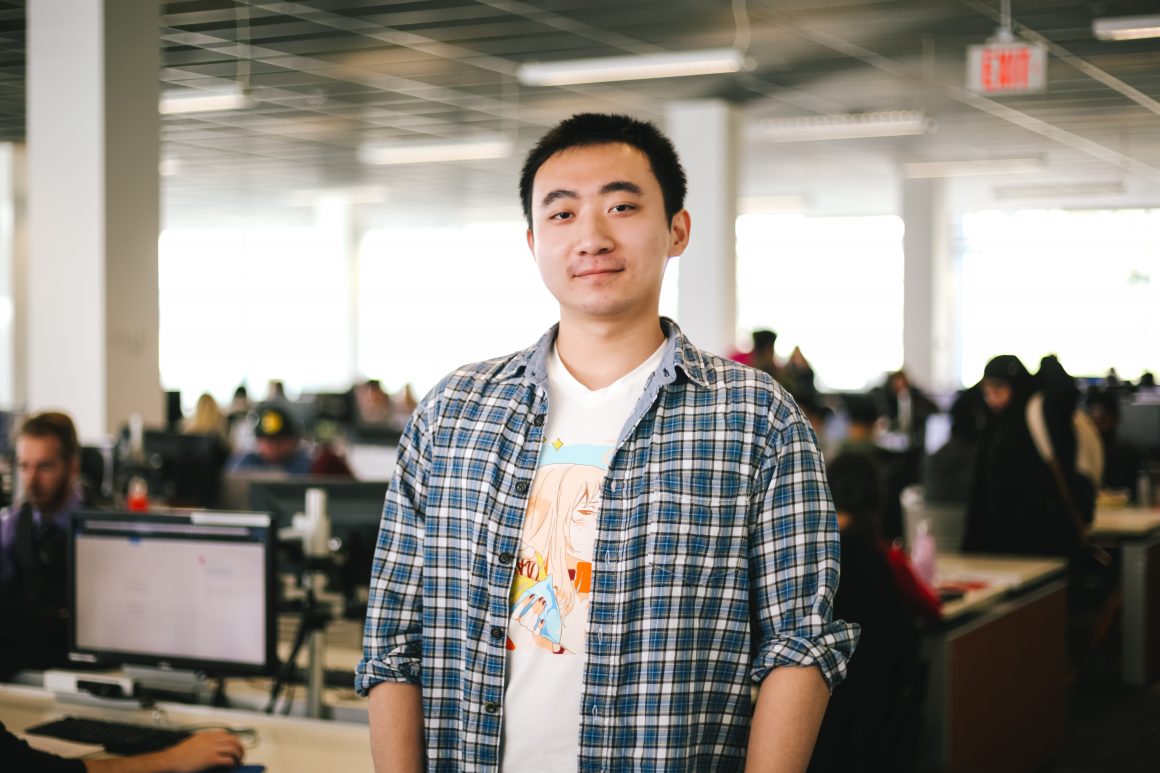
Computer science undergrads prepare for ‘hackathon’ competitions on campus
By Justin Schellenberg, October 25 2018 —
The University of Calgary will host two ‘hackathon’ competitions this school year, helping students bridge the gap between their education and future careers.
In February 2019, the Computer Science Undergraduate Society (CSUS) will host their annual event, CalgaryHacks.
Going into its third year, CalgaryHacks will bring in students from around the country. Last year’s event saw almost 200 participants from as far away as the University of Toronto take part. The event gave competitors 24 hours to create an application that could use small devices that can connect to the internet to solve problems.
Jack Xie, vice-president of non-academic events for CSUS, describes hackathons as sprint-like programming contests where people from diverse backgrounds come together, trying to create something that is practical and innovative.
“The hackathon [is] a great way to hone your programming skills and to learn more about what it is to work in a team and develop a project like you would in your career,” Xie said.
Xie said that participants don’t necessarily have to be knowledgeable in computer programming. The competition requires experience in many avenues, including web development and graphic design.
“For someone who has no coding experience, they could come into this and do a lot of things as well,” Xie said.
Last year’s winning team created an app designed to be a home monitoring app capable of providing a report of various conditions in a household through the use of sensors.
Kourosh Banaeianzadeh, one of the winning team members, described the event as a great way to learn time-management skills.
“You don’t want to waste time, because you may not be able to finish,” Banaeianzadeh said. “You want to keep it simple and to the point, so it can tackle one specific purpose.”
Banaeianzadeh, who was competing in his second CalgaryHacks competition, said the event was overall a great experience and one he would possibly do again.
“You get together with friends to solve a problem while not having enough money, time or sleep,” Banaeianzadeh said. “You do have to take the next day off to just sleep but it’s definitely worth it.”
Another hackathon being held on campus this school year is the U of C Health Hack 2018. The is run by Innovation 4 Health and is a hackathon program that focuses on innovation in human and veterinary health care.
Jeremy Fan, a biological sciences student at the U of C who has competed in multiple hackathon competitions, said that these types of events are good for helping participants learn important collaboration skills, as well as how to handle high pressure situations.
“You get to not only learn more about the technology that you’re using but you get to learn a lot about how you handle stress yourself,” Fan said. “It really forces a student out of their comfort zone.”
Xie said that as well as providing hands on experience in the computer programming world, these hackathons are a good way to connect participants with people in the industry, potentially leading to future job offers.
“To get potential recruiters looking at you and to build these connections early on gives you a real good foot in the door so to speak with the industry,” Xie said. “It bridges the gap between academics and your career.”
U of C Health Hack 2018 will take place over 72 hours, from Nov. 23–25. CalgaryHacks 2019 will be a 24-hour competition from Feb. 17–18.
Information for Health Hacks 2018 is available at innovation4health.com and info on CalgaryHacks can be found at the CSUS website.
